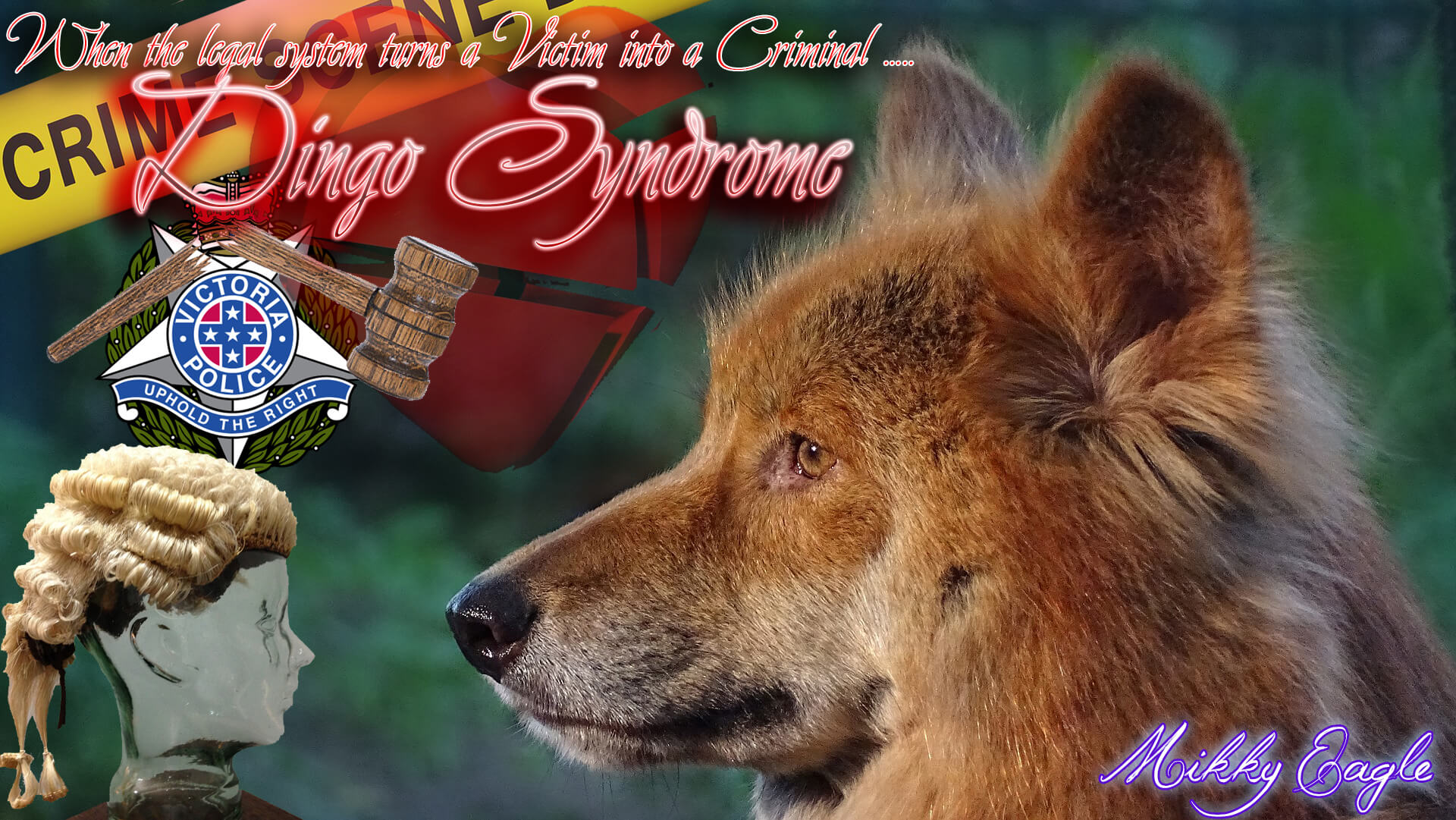
Dingo Syndrome – when the Legal System turns a Victim into a Criminal
‘DINGO SYNDROME‘ is a phrase I have coined to describe the utter anguish and despair that a Victim experiences when Justice goes awry and a deeply emotional battle ensues whilst the victim is forced to fight to prove their Innocence.
The dictionary defines the word ‘Syndrome‘ as “a characteristic combination of opinions, emotions, or behaviour.”
So, why ‘Dingo Syndrome‘?
I am sure that most of the world remembers Lindy Chamberlain and her long drawn-out battle against the ‘justice‘ system. This innocent young mother had her tiny baby taken from her in the most cruel way imaginable. But, instead of offering care, sympathy and support, the legal system turned on her as aggressively as the dingo would have acted when it stole her baby. She was charged and convicted with Azaria’s first-degree murder!
How is it possible that the tables be turned in such a manner?
Lindy Chamberlain spent seven years living in a nightmare after Azaria was taken, three of  which were spent in prison, whilst she fought to prove her innocence. The dingo took Azaria from the tent in August 1980. In October 1982 Lindy was found guilty of 1st Degree Murder and sentenced to life imprisonment, with no parole. June 1987 the Northern Territory offered them a Pardon. (This still indicates guilt in Australia.) May 1992 the NT government paid the Chamberlain’s compensation, although it was never publicly stated that they were innocent. It took thirty-two years, eight legal proceedings, and tens of millions of dollars on the investigation. In 2012 Lindy was finally exonerated by a coroner’s inquest. It declared the cause of Azaria’s death was by being taken by a dingo.
which were spent in prison, whilst she fought to prove her innocence. The dingo took Azaria from the tent in August 1980. In October 1982 Lindy was found guilty of 1st Degree Murder and sentenced to life imprisonment, with no parole. June 1987 the Northern Territory offered them a Pardon. (This still indicates guilt in Australia.) May 1992 the NT government paid the Chamberlain’s compensation, although it was never publicly stated that they were innocent. It took thirty-two years, eight legal proceedings, and tens of millions of dollars on the investigation. In 2012 Lindy was finally exonerated by a coroner’s inquest. It declared the cause of Azaria’s death was by being taken by a dingo.
Why??
That case was scandalous and sensational, in both Australia and a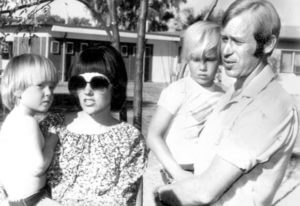 cross the world. But, why? What went wrong? Why did the matter take the turn it did? The innocent young mother had her baby horrifically taken from her and yet the media went into a frenzy of attack, feeding on the family’s ill-fortune at the expense of their emotions, well-being and livelihood!
cross the world. But, why? What went wrong? Why did the matter take the turn it did? The innocent young mother had her baby horrifically taken from her and yet the media went into a frenzy of attack, feeding on the family’s ill-fortune at the expense of their emotions, well-being and livelihood!
Basically the case was fuelled by false and misleading rumours, faulty ‘evidence‘ and police lies.
Herein I draw the analogy to my own cases
Police lies and arrogance came to the forefront at the onset. In exactly the same way that officers of the law disbelieved Lindy, my case went foul for the very same reason. Admittedly there was not a matter of death in my circumstances. But rape is certainly a serious crime and should be treated as such; not with contempt caused by a detective’s personal opinion corrupting the facts!
What rights does an officer have to form opinions and judgements? None! But that doesn’t stop them! Once the opinion has been formed, the case becomes tainted, and rapidly goes awry from that point onwards. This is blatant misconduct on the part of the officer, but the legal system allows this behaviour to happen. Worse still, the system turns a blind eye. The lies, deceit and misconceptions override the facts. Shockingly, the courts never even get to see or hear the true facts and evidence.
Dingo Syndrome is a Crime unto itself!
Who polices the police? This is a common question asked by the far too large a number of victims who have been slaughtered, at the mercy of the hand of the law! I recall the media and the police slandering Lindy, stating that she showed no emotion; she didn’t cry. 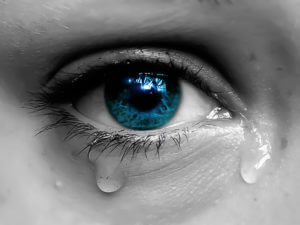 In the very same manner, this ‘Dingo Syndrome‘ took hold of my situation and the police behaviour and treatment of me followed a very similar course.
In the very same manner, this ‘Dingo Syndrome‘ took hold of my situation and the police behaviour and treatment of me followed a very similar course.
The detectives who led the rape case in which I was the victim took this very same attitude of disbelief. Their behaviour severely tainted the whole outcome due to their refusal to act in a professionally appropriate manner. Their opinion was that I was too calm and collected. This was not how a person who had just been raped would behave, they said. Therefore, they blatantly told me on the very night of the attack that they didn’t believe that a rape had been committed. I ask: what rights do these people have to make that misguided shocking assumption? We each have our own mode of behaviour that enables us to cope in times of trauma. It is the duty of the police to protect citizens – not to slander, abuse and taunt innocent victims who turn to them for protection!
A Mother’s Care
When I was attacked and raped, my young 2 year old was also severely traumatised by the offender. My toddler was with me when the intruder broke into our house. I felt it to be my motherly duty to care for him and protect him to the best of my ability. The fact that we had been attacked in the middle of the night was trauma enough. But having a large number of police, detectives, helicopters and massive turmoil in our house afterwards was cause for me to protect him, keeping him as warm, snug and safe as I possibly could.
I could not, and would not, crumple under the stress. If I had been a blithering, sobbing mess, my behaviour would have resulted in my son undergoing even more fear. Hence I maintained as calm an outer shell as I could muster. Other mothers would understand this reaction, I am sure. We do whatever is necessary to protect our children, at all costs!
Misinterpretation of Facts and the ‘Justice‘ System
 Following, I share some snippets from one of the Court Transcripts of my rape case. I feel that these comments speak for themselves. A picture of the characters of the police officers handling the case is easily painted. For legal reasons I have withheld names.
Following, I share some snippets from one of the Court Transcripts of my rape case. I feel that these comments speak for themselves. A picture of the characters of the police officers handling the case is easily painted. For legal reasons I have withheld names.
Aggressive Officers of the Law
“Police officers Mxxxx and Bxxxxy attended the premises. After listening to her story, Mxxxx became angry and complained that they had been unnecessarily called to an assault and not a rape . The officers then became aggressive and appeared not to believe her story .“
“On one occasion, she was requested to go to the CIB where she was interviewed by two police officers over a long period of time. Antagonistic, aggressive, belittling and degrading they slandered her character. They enquired as to the kind of sexual activity she preferred, repeatedly mentioning anal sex in detail, and made fun of the events.”
“Counsel assisting the Tribunal called Rxxx Lxxx Axxxx, a former senior sergeant of police, currently a private inquiry agent. In June 1990, he was in charge of the Doncaster CIB which investigated the incident on 8 June 1990. Mxxxx was the investigating officer. Axxxx went to the scene of the crime but had no further involvement in the matter until early in February 1991.“
“Mxxxxx made a routine file check on (victim). He discovered that there were six or seven outstanding warrants in respect of parking fines. At one stage Axxxx told Mxxxxx to go and “lock her up”. Mxxxxi did not wish to take that course.“
Perjury by a Police Officer
The following statements made by the Senior Detective handling the case (Mxxxxx) are blatant lies. These false and misleading comments were obviously aimed at tarnishing my character. Never in my life have I smoked, so I c ertainly didn’t smoke whilst being interviewed. To insinuate that I went against forensic wishes was intentionally damning. The only drinking I did was to have coffee during the 5 hour questioning ordeal to which I was subjected before being taken to the hospital!
ertainly didn’t smoke whilst being interviewed. To insinuate that I went against forensic wishes was intentionally damning. The only drinking I did was to have coffee during the 5 hour questioning ordeal to which I was subjected before being taken to the hospital!
“Although he asked (victim) not to drink or smoke for forensic reasons, she continued to do both.“
“He had not suggested that the whole incident had been fabricated by her in order to get her husband back. He had not scoffed and jeered at her nor had he questioned her as to her sexual preferences save that on one occasion, he enquired as to whether she had had anal sex. She had not been ridiculed or laughed at.“
There are many, many more occasions in which one or more officers involved in my case blatantly lied,. They misconstrued the facts given to them, and tainted the investigations. These police officers intentionally lied because they had made up their mind that I had not been raped. Instead of building a case to protect me and find the assailant, they built a case to damn me and slur my character.
What sort of humans would purposely commit perjury, without a moral reason, one asks?
Sadly, there seems to be too many! This paragraph from Lindy Chamberlain’s website sums it up:
“Simply because you don’t find someone’s personality or manner appealing to you does not make them guilty of murder, or anything else sinister for that matter. But that distinction seemed to elude many during the near hysteria that gripped the nation throughout Lindy’s case.“
To be a victim of a serious crime is no walk in the park. But to have the tables turned and to find yourself fighting to prove your own integrity can cause more emotional harm than the crime itself. I know! I have experienced this and been the unfortunate recipient of blatant police perjury!
Perjury occurs when a person intentionally makes a false statement. It is the offence of wilfully telling an untruth or making a misrepresentation under oath. Anyone can be guilty of perjury whether they are the defendant, a witness or even police.
Perjury can be difficult to prove and usually needs strong evidence of a prior inconsistent statement (including a prior interview with police) or even a confession.
Attempting to prove that an officer is lying is nigh on impossible. They have an honour amongst themselves to protect and cover for each other. That is a bond that is impenetrable by a citizen. For this reason the courts often never actually hear the true story. Instead the tainted version, coloured for whatever reason the individual officers choose, is what is brought before the court.
On the other hand, the reverse situation is markedly different!
It is a criminal offense for a person to knowingly give to a law enforcement or police officer false information regarding the commission of a crime. Lying during a criminal investigation is known as ‘perverting the course of justice’, which carries a maximum penalty with 14 years imprisonment.
A member of the public lying to a law enforcement officer can result in a criminal conviction. What a seriously lop-sided state of affairs!
From day one I was forced to continually fight to save my own integrity. I had to prevent the police from severely tarnishing my character. This battle took eight long and treacherous years, moving up to the Supreme Court – just to salvage myself. All the while, NEVER did the police or legal system search for the offender.
The rapist was never caught, and to this day, getting close to thirty years later, the offender still walks the streets, a free man! Not a single person was brought in for questioning, let along having anyone charged. All the while I was slighted and damned. The courts never asked me to provide any evidence or to give my account of who I may have thought committed this crime. The focus remained on damning me.
Why does this ‘Dingo Syndrome‘ take place??
4 Comments
-
-
By David Grierson
I have been through a similar situation myself and the sad part is we are not alone. This is all too common yet unknown to the public.



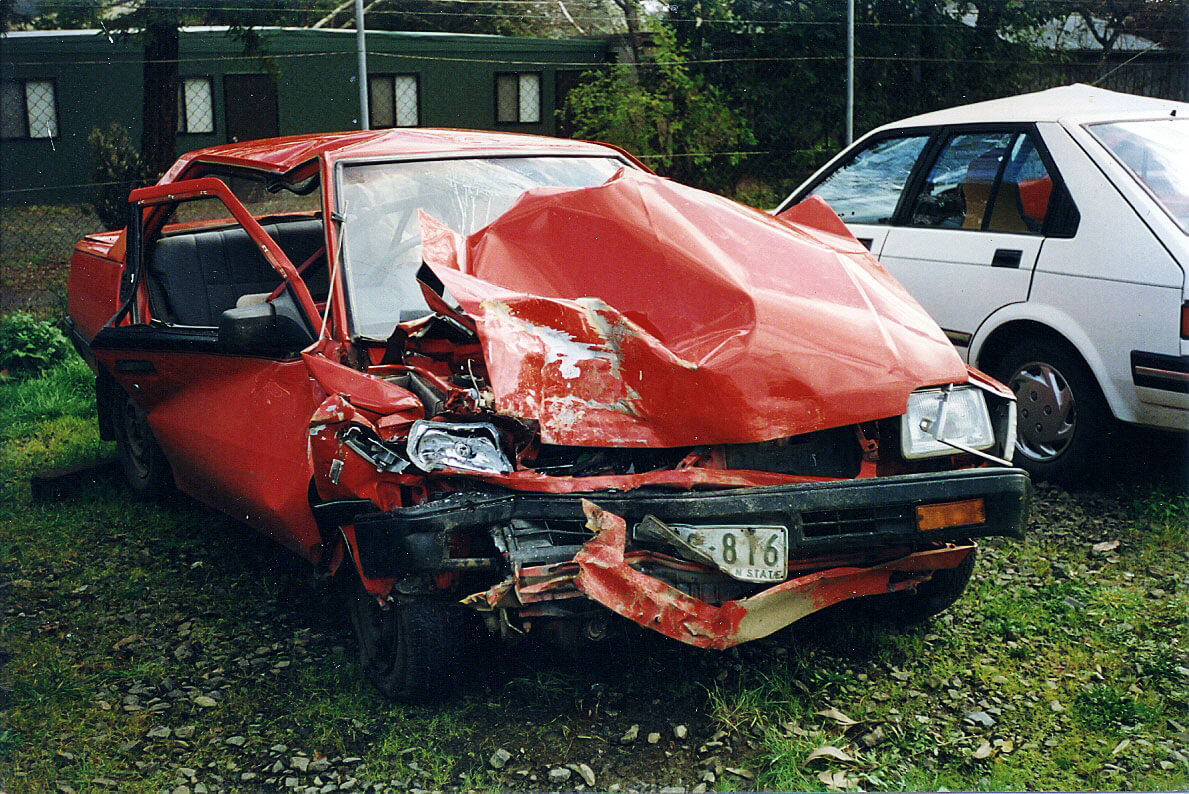
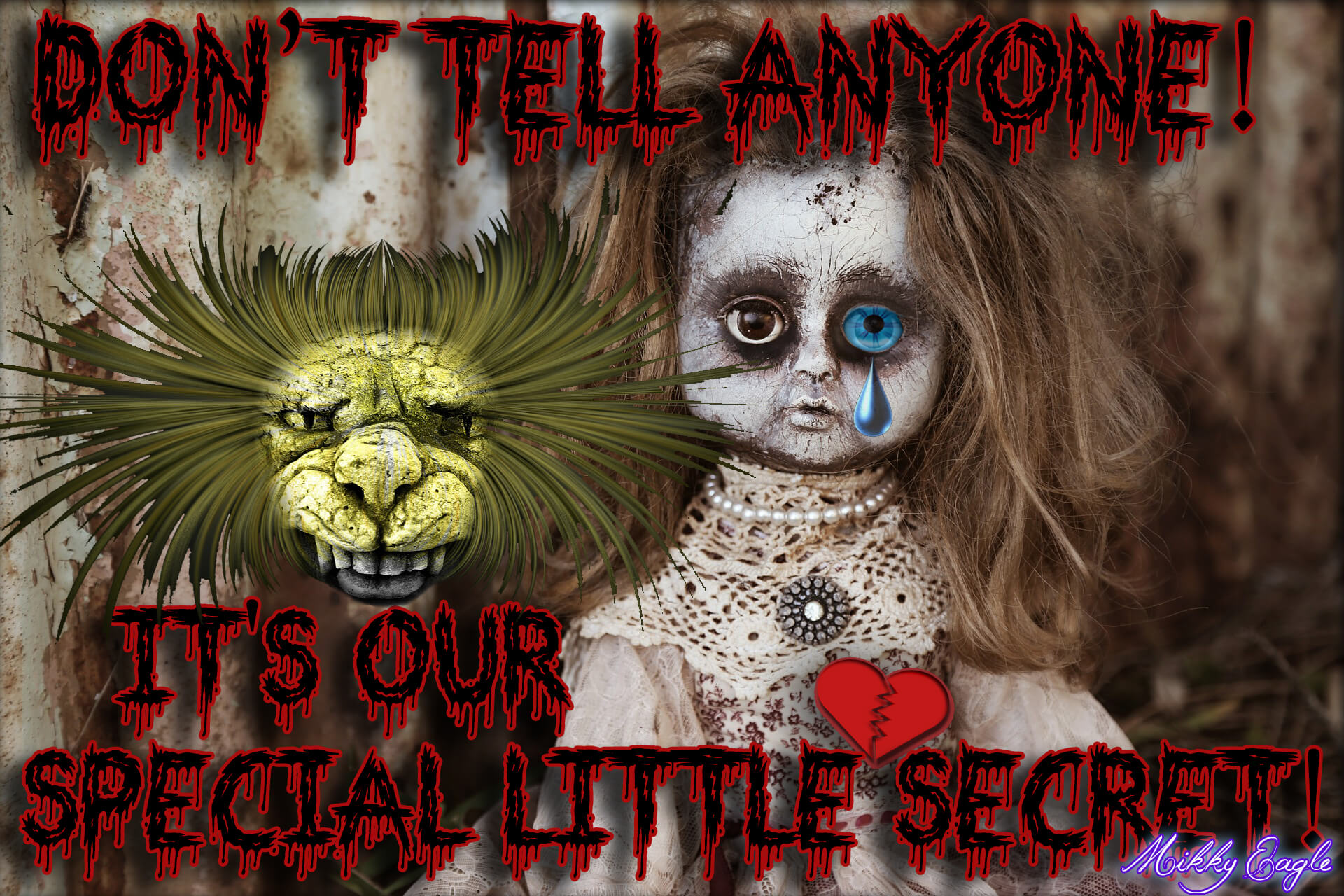
By Gallijess galluccio
Hi you can contact me on gallijess galluccio face book.. my story is exactly how it was described in thr dingo syndrome..
Cop lie.. tell lies and believe in their lies… until i started recording them.. the shocking truth cane out